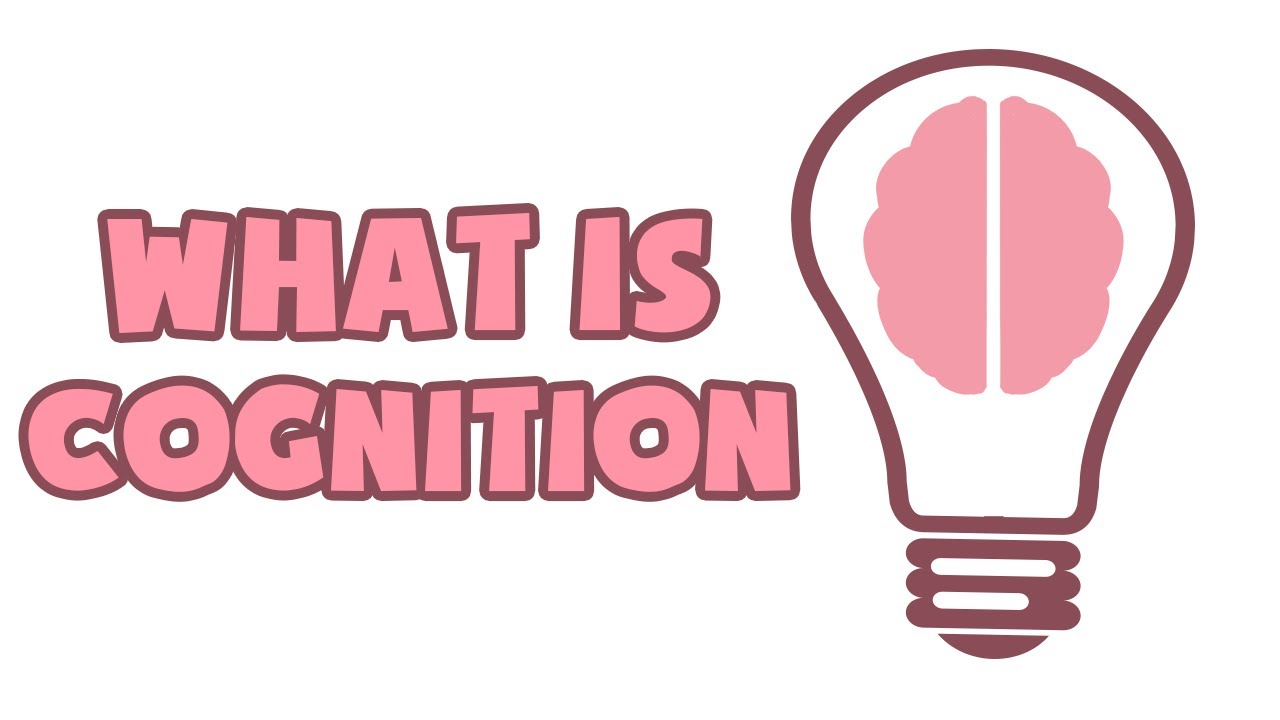Cognition is the act of knowing or the process involved in knowing. When we "know" something, it means that we are not only aware or conscious of it, but that we can, in a way, make some sort of judgment about it. Cognition is therefore a very broad term that covers a complicated mental process involving such functions as perception, learning, memory, and problem solving.
The nature of cognition, or how we know, has been the subject of investigation since the time of the ancient Greeks. It has been studied by both philosophers and scientists. Around 1970, a new field of investigation called cognitive psychology began to emerge. Many of its practitioners study the brain and compare it to a computer in terms of its information storage and retrieval functions. However, most people who study cognition recognize that they are not focusing just on how the brain works as an organ, but are really more concerned with how the mind actually works. While there are still several competing theories all trying to explain how the mind works (or how we know), one idea common to most of them is that the mind builds concepts—which are like large symbolic groupings, patterns, or categories—that represent actual things in the real world. It then uses these concepts or patterns that it has already built when it meets a new object or event, and it can then compare the new object to the concept it has already stored.
Cognition includes several elements or processes that all work to describe how our knowledge is built up and our judgments are made. Among these many elements are the processes of perceiving, recognizing, conceptualizing, learning, reasoning, problem solving, memory, and language. Some of these processes may include others (for example, problem solving might be considered to be part of reasoning).



